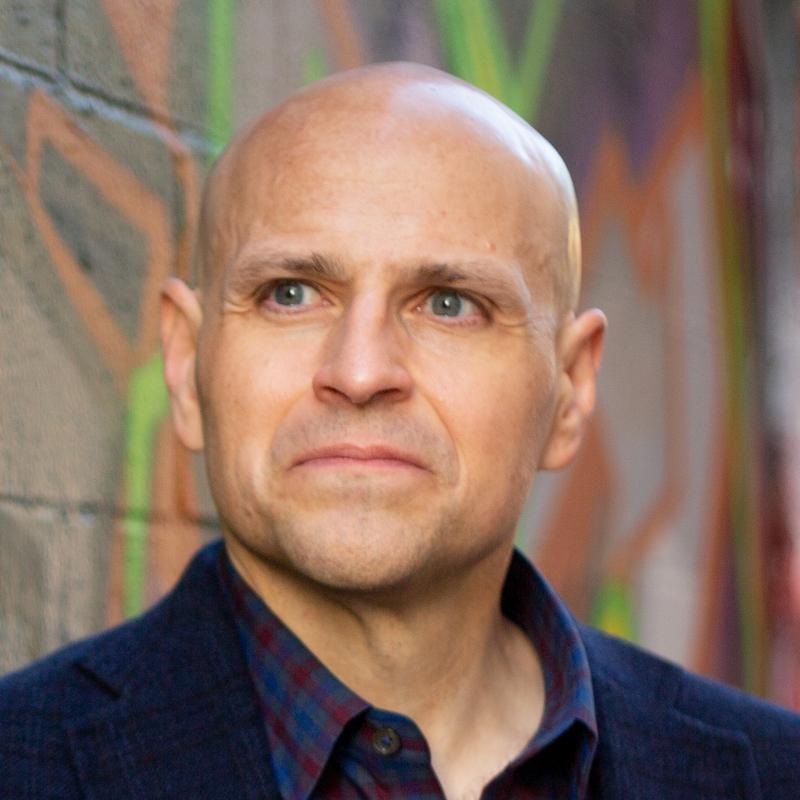
Let’s talk about time management. I’ve found the more items I have on my to-do list, the less I get done. Perhaps I feel overwhelmed, or I’m confronted with the Paradox of Choice.
Thomas Davies breaks all of his tasks into four quadrants: people development, business operations, transactional tasks, and representative tasks. As he writes in Fast Company, this helps him load-balance between categories, and make sure important but not urgent items (like mentoring) don’t get overlooked.
My GV partner John Zeratsky uses a methodology he calls One Big Thing. Each day he identifies the one, single most important thing that needs to be accomplished*, along with a few smaller items. Prioritizing this way keeps you focused on the essentials, but also provides a sense of accomplishment and progress that doesn’t come from hacking away at a long list of to-dos.
Now, there’s an app for that. Nick Burkha and his brother Daniel (another of my GV partners), just released a terrific app called, yep, One Big Thing that helps you manage those biggest tasks. Also, it has themes and stickers.
John Cutler also has some time management advice for product managers. “Our work starts to feel 100% reactive. We lose, of course, but so does our team. Worst of all, it begins to promulgate the PM stereotype: overworked, narcissistic, controlling, untrusting, and fickle.”
At the end of every week I try to do a light audit of how I’ve spent my time, and compare that to what I’d hoped to accomplish. Looking back through my calendar gives me a truer sense of where my attention was directed than reviewing a list of completed tasks. Sometimes it didn’t feel like I made progress on what I’d set out to do, but that’s because I ended up doing something more important. I’m looking forward to combining the Quadrant and One Big Thing methods.
* As Greg McKeown writes in, Essentialism, “priority” was a singular word for more than 500 years. Only in the 20th century did we start thinking we can bend reality.
Good Reads
Feeling stuck? Check out The Unstuck Map, a neat flowchart by Nikkel Blaase to help you make product decisions and focus on the right things.
“But what if your work email is hosted on Exchange and you thereby are somehow stuck with Outlook?” Tim Herbig has some email management advice for the Microsoft crowd as a follow up to my newsletter from last week. (Here’s my advice: How I Manage My Inbox.)
Spotify’s Discover Weekly has become my jam. I begrudgingly moved to Spotify after my beloved Rdio shut down (RIP). Now that I’ve been using the service for several weeks, the Monday Discover Weekly playlist has gotten very, very good. I love obscure indie music, and each week I discover a handful of new bands (or am reminded of old ones I loved). Quartz published a fascinating look at how it works. And John McDermott tells us how less is more when it comes to music: Spotify helps us overcome that Paradox of Choice.
“RETURN TO REGIS McKENNA HIMSELF.” For Apple’s 40th birthday, Fast Company gets their hands on the legendary marketing guru’s original notebooks from 1976, when he first signed Steve Jobs as a client. “Steve is young and inexperienced. On the other hand, [Nolan] Bushnell was young when he started Atari. And he claims to be worth $10,000,000 now.”
Three years later, on the other side of the world, Toru Iwatani was sketching some ideas into his graph paper notebook. The concept was for a video game, called Pakkuman. It would be renamed Pac-Man for the U.S. market where it would become a pop culture legend. Iwatani still brings his notebooks to game conferences, and he shows them off to The Daily Mail.
Hang on to those notebooks, folks.
